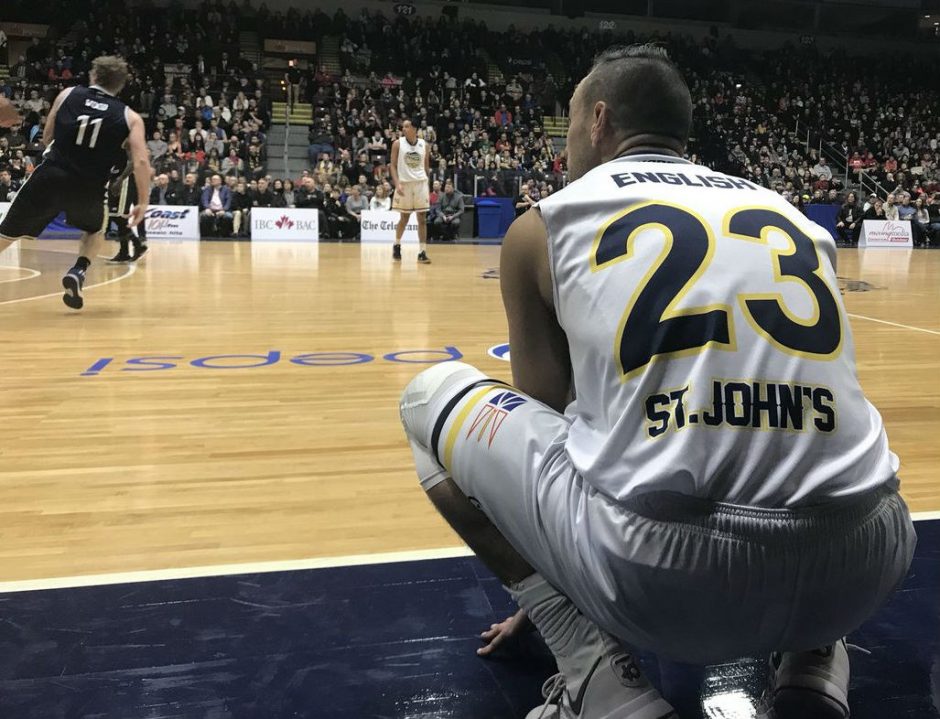June 16, 2018
On a sunny St. Patrick’s Day in Windsor, Ont., Carl English boards the team bus.
The St. John’s Edge are on their way to a game against its National Basketball League of Canada's Central Division rivals, the Express.
English is the first one on board. He takes a seat near the front, his headphones in.
The team has a rule: be on the bus by the deadline, or be fined for every minute you’re late.
English makes note of who is missing, and is quick to remind the latecomers to pay up.
When he speaks, everyone listens.
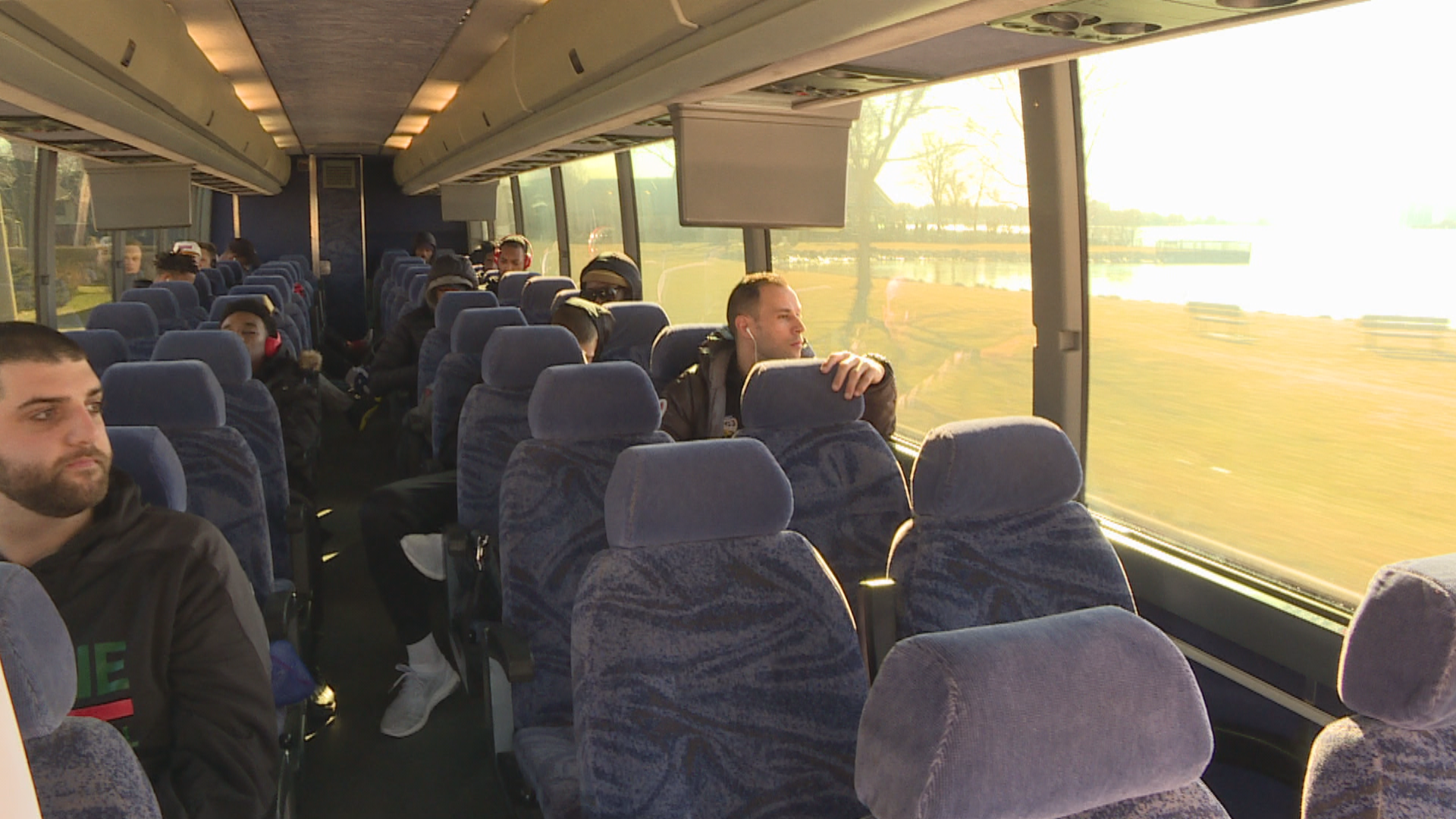
The bus pulls into the back door of the WFCU Centre. English enters the arena through the back door, and walks down a long hallway.
Passing by the walls lined with the successes of the Canadian Hockey League's Windsor Spitfires, the St. John’s Edge is placed in a bland dressing room, most likely used by recreational skaters and the players of the beer leagues.
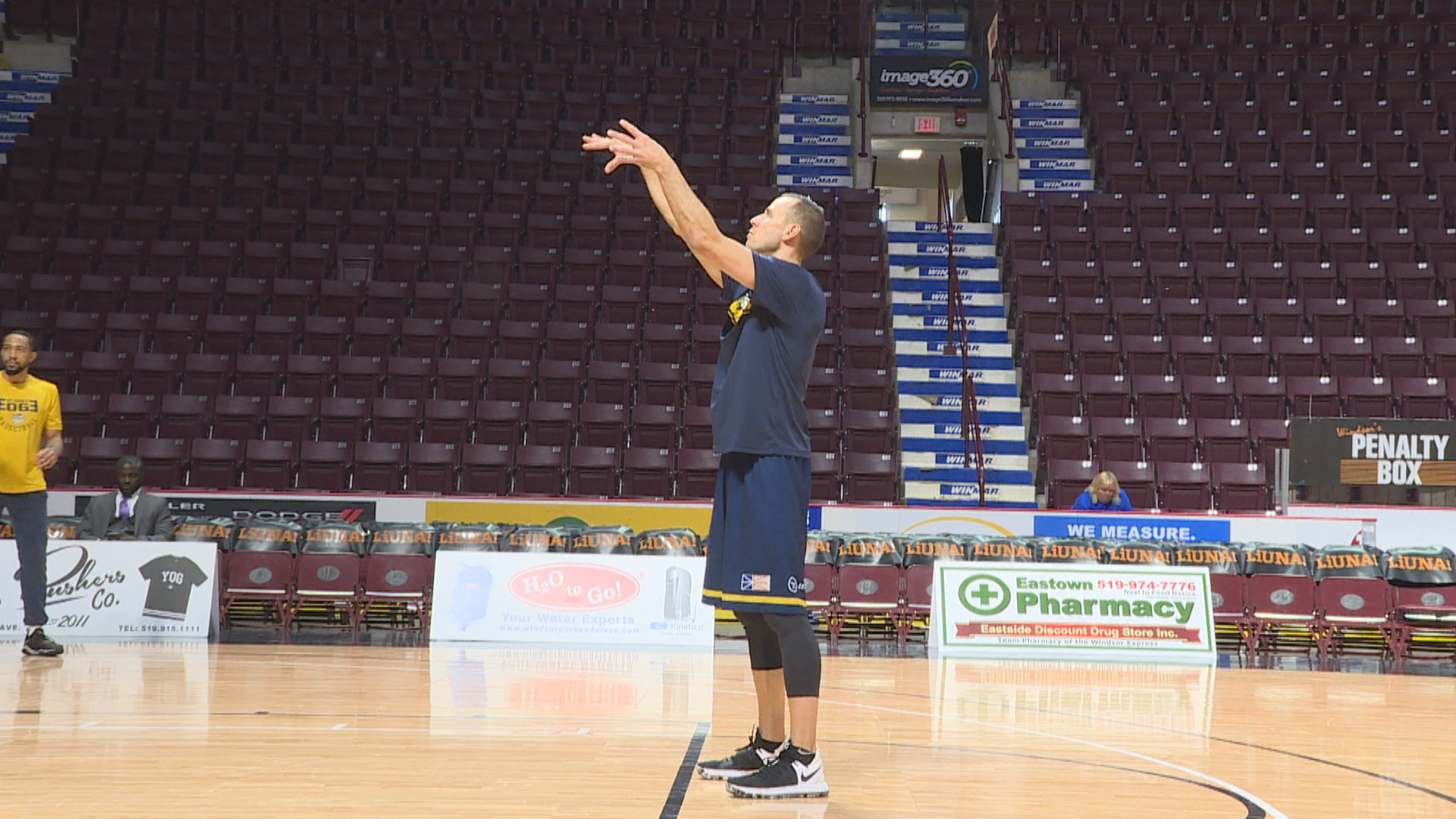
English has played bigger games to bigger applause in better arenas … but this one means more.
He’s wearing a jersey for the place where it all started.
At 37, English is making a name for himself again, with new fans — bringing his love of basketball back to Newfoundland and Labrador, and sharing it with fans of the province’s first-ever professional team: the St. John’s Edge.
Where it all began
For many people, it became an icon of hard work, determination, and the name Carl English: a homemade basketball net set up by the side of the highway.
It was erected on the lone road through the tiny community of Patrick’s Cove, on the Cape Shore of Newfoundland’s Avalon Peninsula, and used by a kid who would only stop shooting hoops to get out of the way of traffic.
But it wasn’t always happy memories from English's childhood.
In 1986, when he was just five years old, tragedy struck.
Carl and his four brothers escaped from a house fire that left their parents, Kevin and Lavinia, badly burned. They later succumbed to their injuries.

The brothers were split up among other family members. Carl moved in with his Uncle Junior and Aunt Betty McGrath in Patrick’s Cove.
"As a kid, you really don't know what's going on. But as you get older, it really sinks in, and you deal with things and it becomes extremely difficult. You find long nights, lonely nights … You ask a lot of questions, ‘Why me? Why this?’” English said.
“Do you quit, do you give up? Do you give in, or do you keep fighting? I chose to keep fighting."
As part of that fight, English would spend countless hours as a teenager, practising his shots on the homemade hoop. It was constructed out of locally-sourced lumber and an old fishing net to keep the ball from running down towards the ocean.
The teen became a bit of a tourist attraction along Highway Route 100, where the net was set up.
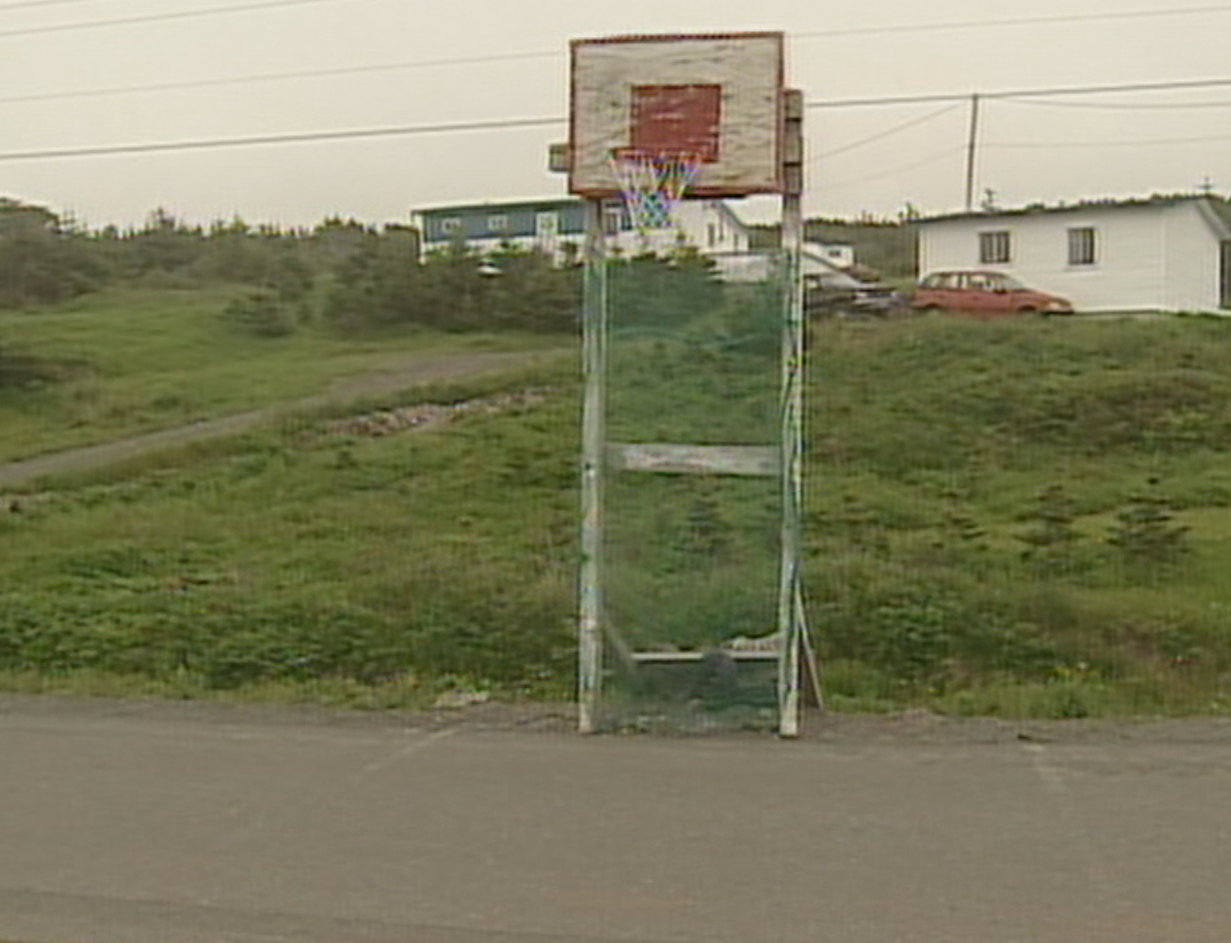
"The minute I got off the bus, boom, I dropped off my school bag and I was down there until dark. I was always there, every day in the summertime,” English said.
“The local people always knew I was there, so they'd drive slow. Some people would stop and take some pictures. It was more so the tourists who would come to the [St. Mary's] bird sanctuary and they would just be in awe.”
Moving to the mainland
English helped lead the Fatima Academy Royals, from his school in nearby St. Bride’s, to three years of provincial basketball titles.
But he decided if he wanted to further his career and get a coveted scholarship to an American university, he would had to move.
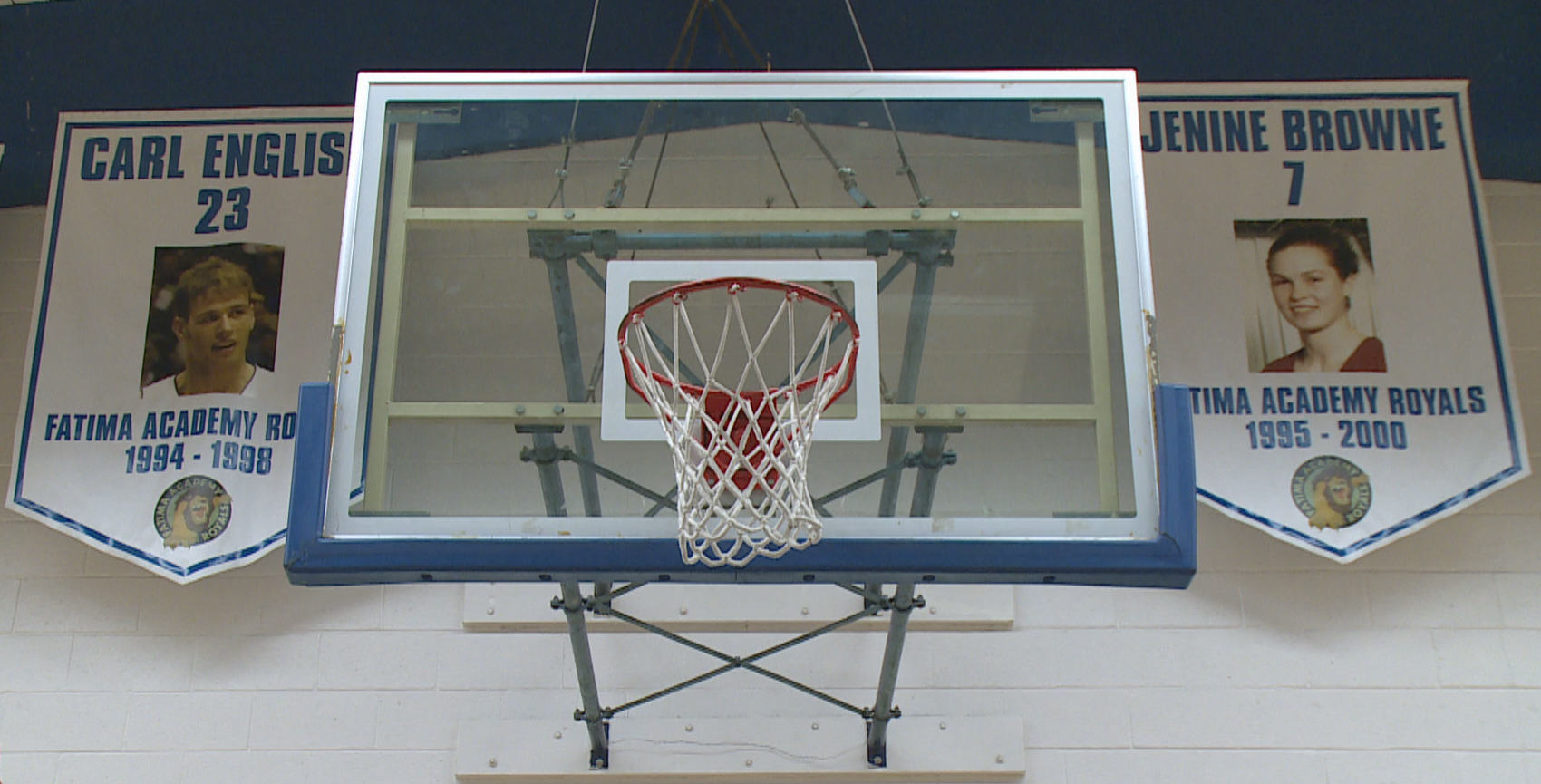
English left Newfoundland after Grade 11 and went to a school in Toronto. But the teachers there went on strike for part of that year — meaning he had nowhere to play ball.
Never one to sit back and relax, English decided to make a homemade video of himself.
"I was in the gym, doing cross-overs and moves and dunking, and then at the end of it, I put the championship game of us versus Harbour Grace in Grade 11," English recalled.
"[The school] had a theatre room, so I went in and converted over a couple of hundred tapes. The guidance counsellor at the time, he got me all the college addresses, and I stamped all the things and sent them to all the schools."
Watch Jeremy Eaton's documentary on Carl English by clicking the player below
He spent days copying his demo reel on VHS tapes, and sending them off to more than 150 universities in the United States, in an attempt to get on their scouting radar.
“A lot of the schools that I sent them to were very interested and said, 'I want to see you play.' And I said, 'I'm not playing,'” English said.
“After the teachers came off strike, we had one tournament. I think I averaged 40 points a game, and that drew some attention."
Playing in Hawaii
As the 1990s came to an end, English went to speciality basketball camps south of the border, where he turned a few heads.
“At a camp in New Jersey, I was the MVP,” he said. “After that weekend, I had like 50 scholarship offers.”
English said one of those offers was for the University of Hawaii.
“I went to Hawaii to do a visit because I was like ‘I'll never the chance to go to Hawaii,’” he said.
“All these schools are calling me [saying], 'Don't sign when you go there — it's going to be beautiful' … and the rest is history. I signed when I got there."

After his first year in Hawaii, English returned home to Newfoundland for a visit, when tragedy struck once again.
“We were out fishing with my uncle [Junior]. He wasn't feeling well that day. He doesn't usually complain; he just wasn't himself. He asked to come, and he never asked to go in,” English said.
“He got out on the wharf, just said my name, and collapsed.”
Junior died that day in English’s arms.
“My dad, I lost him at an early age. Uncle Junior, I had him for 21 years. It was tough," he said.
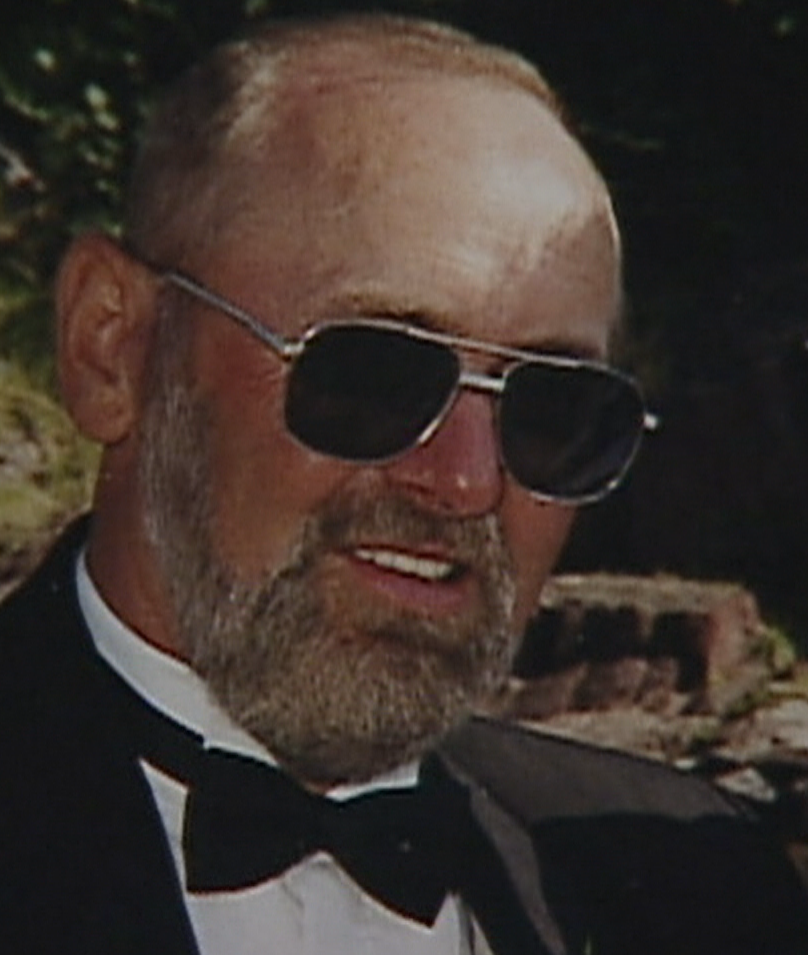
Returning to Hawaii more determined than ever, English elevated the Rainbow Warriors by leading them to back-to-back appearances in the coveted NCAA Final Four tournament in 2001 and 2002.
Despite his team losing in the first round of both events, his stock as a NBA prospect was rising.
NBA dreams
In 2003, there were 58 available picks in the two rounds of the NBA draft. Mock drafts by basketball pundits put English as being drafted anywhere from 21st to 37th.
“I felt it was time to make that next step,” English said.
“I could have went back for my senior year and worked on my master’s degree, but I entered the draft because my stock was high at the time. I was like: 'Let's roll the dice.’"
English was invited to show off his skills for 13 NBA teams. Believing he could be the first-ever Newfoundlander and Labradorian to be selected to play in the highest level of basketball, he took the next step and signed an agent.
On June 26, 2003, English, his future wife, and family gathered at a bar in Toronto to watch the NBA draft.
They were surrounded by the media, who kept an eye on English’s every move, as he anxiously waited to hear which team would call his name.
“I was a big deal. There was a lot of hype surrounding me because I played some national team stuff. I was like the next guy,” English recalls.
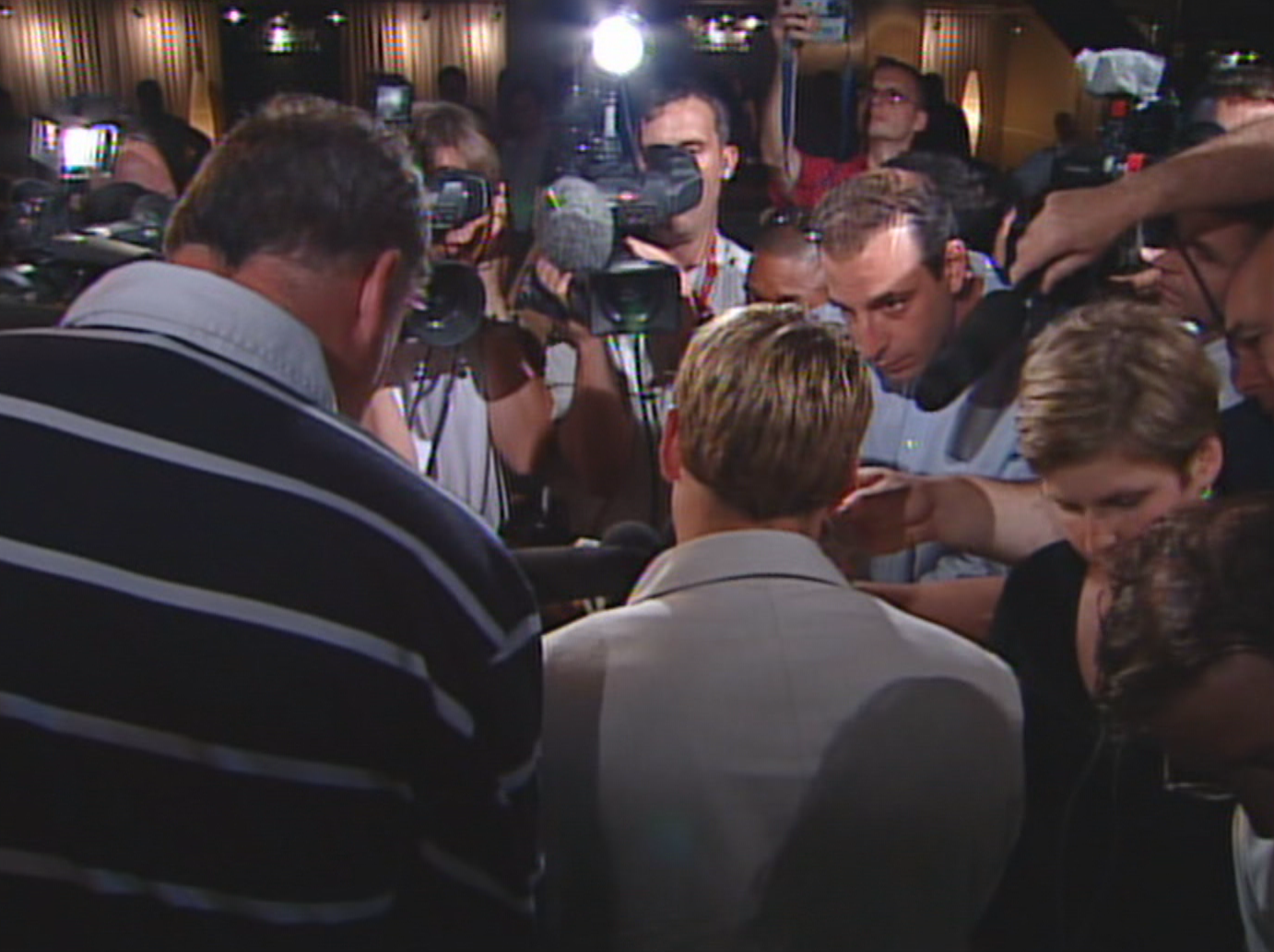
LeBron James was selected first overall. Carmelo Anthony was third, followed by Chris Bosh, and Dwayne Wade in the fifth spot.
English’s name wasn’t among them.
"I didn't get drafted. It was a tough night,” English said.
“Around the 20th [draft pick] I was like, 'Okay, anytime now.' Then I start slipping. All these Europeans that nobody knew about start getting taken, and it was like a snowball effect.
“Teams were calling me saying, 'What's going on? What are you plans?' I was like, ‘Just draft me.’ And they were like, 'No, we don't have any picks left. We want you to come to summer league.'
“I was like: ‘Why are you calling me?’ and they [said], 'Well, we tried to call your agent, but his phone is off.' It was a rough night."
English had hired a real estate agent with no experience dealing with professional athletes to represent him.
"It was probably a big mistake I made with agent selection then,” English said.
“I was his first client and I shouldn't have subjected myself to that. But I had nobody to look to, I had nobody who had been there before me, and I trusted some of the wrong people."
The young basketballer was then faced with a decision: pay back all the money that the NBA teams had spent on his travelling and training — upwards of $50,000 — or look for a professional paycheck.
English continued with his NBA attempts. He signed a two-year deal with the Indiana Pacers, but he never played with the team. He then moved south to Florida, to play in the NBA’s Development League.

He almost got a shot with the Orlando Magic, but a late injury to one of their big men left his NBA dreams shattered, once again.
“They got me a [plane] ticket and I went to the airport. As I was on the way, a big man went down and they were like 'No, we can't sign you, we need a big man,’” he said.
“It was one of those things where you are so close, but so far away."
Stardom in Europe
Undeterred and equally determined to make it as a pro basketball player, English moved to Europe.
The six-foot-five guard started in Italy, then moved up to the Croatian league, quickly making an impact.
"That was a breakout year. I tore that up,” he said.
“I was MVP of that league, leading scorer in different leagues, and we ended up winning it all. It was a great stepping stone.”
It also got him some looks from NBA teams like the Philadelphia 76ers and Canada’s lone team, the Toronto Raptors.
English came back to his home and native land to try to land a spot on the Raptors’ roster.
His try-out was going well, until a massive trade overloaded the team with members who played English’s position, which left the pride and joy of Patrick’s Cove once again on the wrong side of his dream.
Not willing to quit, English took his talents to Spain.
For seven years, he bounced around the Spanish Liga ACB league, playing with a number of teams, making his mark as a scorer, and winning a title.
To this day, he has a fan club based out of Spain.
"When you're in Europe, you're a rock star.”
“It's a whole different ball game. When you're in that city, let’s say it's three or four million, you're the main attraction,” English said.
When the season ended, English returned home. For 12 years, he spent the off-seasons playing for Team Canada.
Back to where it all began
When rumblings of a pro-team in St. John’s started to bubble in the spring of 2017, rumours of English being attached to it weren’t too far behind.
He had proven his skills throughout Europe. But even though he was a star on the other side of the pond, not many people in his home province knew he was still playing basketball.
Ultimately, his goal was to grow the sport he loves in Newfoundland and Labrador, and anchor the first-ever pro team in his home province.
"There was a lot more involved in this than just money for me. I am a proud Newfoundlander. A lot of people know me, but a lot of people have forgotten about me," English said.

His impact was immediate. Despite many residents saying that basketball could never thrive in the so-called “hockey town” of St. John’s, fans poured into Mile One Centre as English landed shot after shot, night after night.
In the stands sit fans, young and old, watching English lead the Edge. Many of the older folks sitting in Mile One know someone who knows Carl, or who knows one of his brothers, or remembers the story of him playing on the side of the road.
But the same doesn’t go for the kids wearing English’s No. 23 jersey, the white nearly completely covered in black ink from the autograph sessions that happen after nearly every game.
Win or lose, when the buzzer sounds at the end of the game, every single player stays around to sign everything from pizza boxes to T-shirts, and for some pre-teen boys, they will get one or two signatures along their cheeks.
English said he told the team they had to do this, and they complied. But there is no forcing the smiles on the players’ faces as they sign autographs wearing their team’s logo.
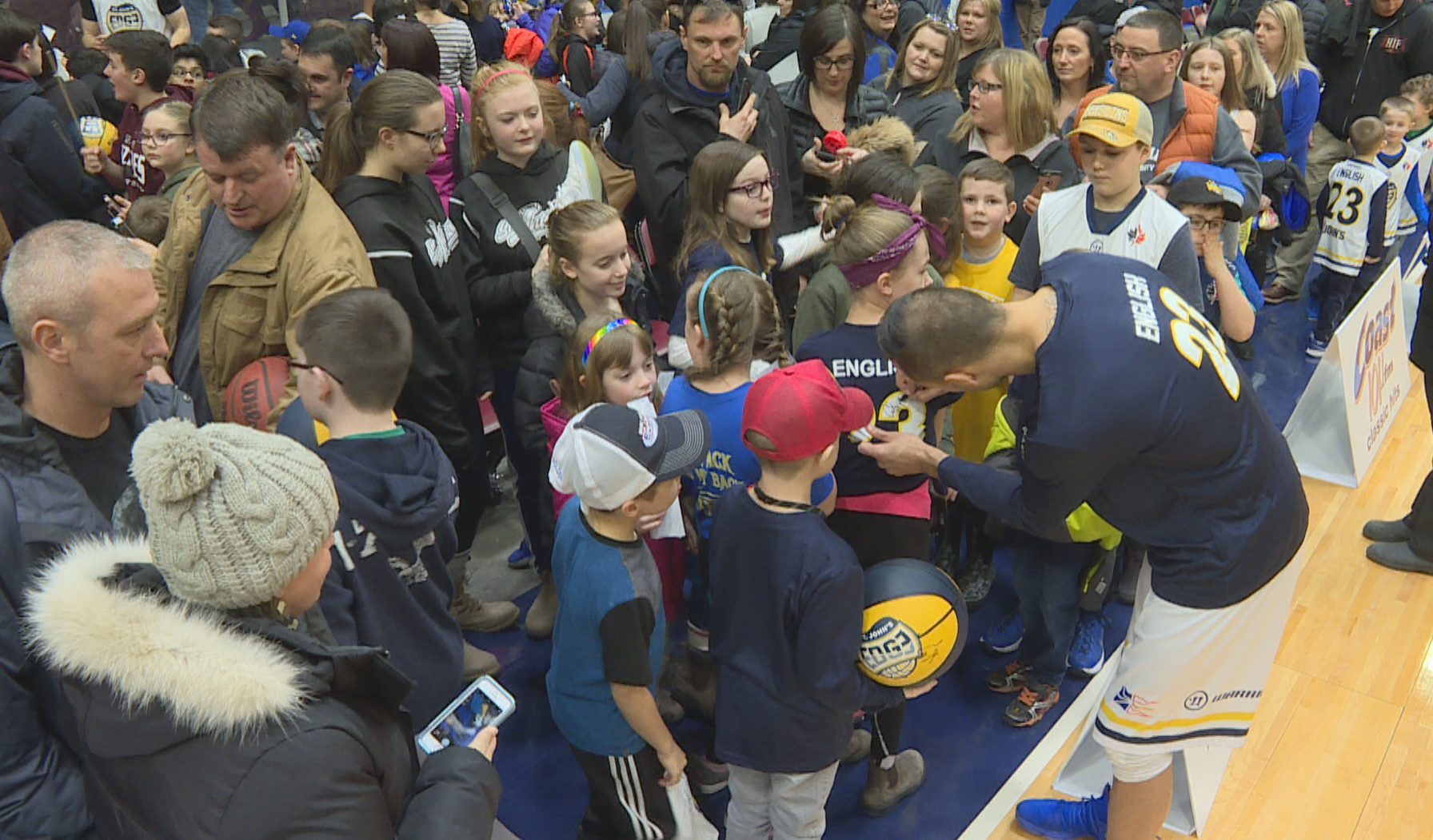
English poses, his poster boy smile almost perfectly the same, for picture after picture after picture.
It’s not just kids; moms and dads, and nans and pops want their pictures taken too. Some shake his hand and thank him for coming home and regaling him with a story of when they saw him play when he was a kid.
And he still thinks he’s a kid. At 37 years old, he played through beat up ankles, broken ribs, and an injured face.
English ranked second in league scoring, and he was named NBL Canada’s MVP for 2017-2018. In the process, he led the St. John’s Edge in its inaugural year to one of the best records in the league.
The expansion team came up a little short in its bid to win it all, losing to the London Lightning 4-2 in the Central Division Finals.
English hasn’t confirmed what his future holds, but he has won over fans, young and old.
"Hard work beats all."
If basketball wasn’t on the radar of sports fans in this province, it is now, and a lot of that has to do with the English effect.
He has recently launched a new website and is already promoting clinics for coaches and camps to grow the sport in Newfoundland and Labrador.
The kid who refused to quit, who’s now 37, continues to be as driven as ever.
"I dribbled on grass, I dribbled on rocks. I dribbled on anything. To me, it's about how far you are willing to push yourself,” English said.
“There is nothing else but hard work; hard work beats all."
